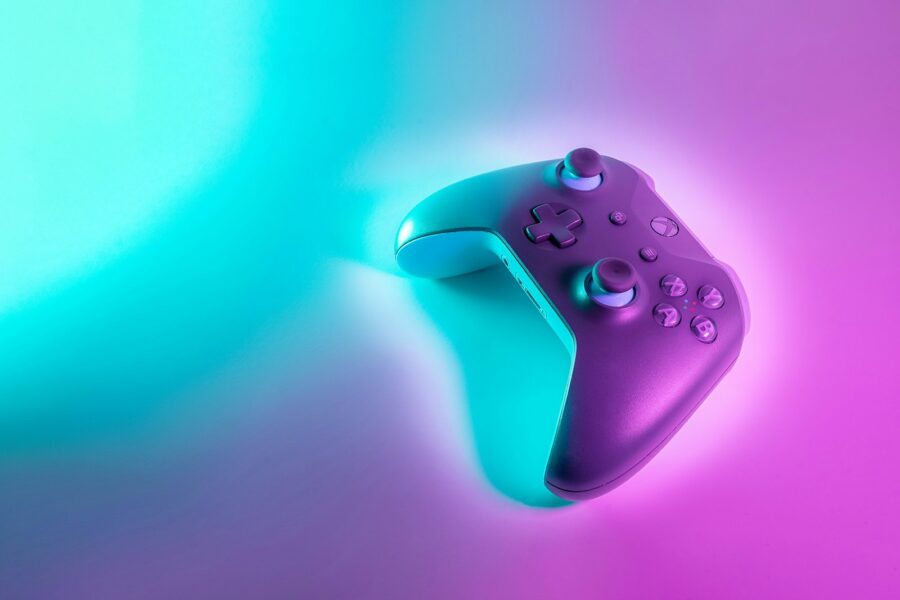39% of women believe playing video games makes them better workers, according to a new study from Currys.
Moreover, almost three in five (58%) said that they incorporate gaming skills, such as leadership, communication and problem-solving into their working day. These same skills were listed in the top 10 most in-demand skills for employers in the latest LinkedIn job listing analysis.
LinkedIn’s 2024 analysis of job listings, recruiter messages, and the skills possessed by recent hires found that soft skills reign supreme for UK employers in 2024, comprising most of the top 10 in-demand skills.
Skills that topped the list were communication, customer service, management, leadership, and teamwork. 57% of female UK gamers say they have developed some of these skills through playing video games, and regularly apply them to their work.
But it isn’t just an excuse to play more games, according to Dr Daniel Wheatley, Reader in Business and Labour Economics based in the Department of Management at the University of Birmingham. He said that skills acquired through leisure activities can actually be leveraged in a professional setting.
We gain skills and experience every day from our leisure activities – ‘every day is a school day.’ Gaming is one of those hobbies that requires several skills, including problem-solving, resource and time management, communication, hand-eye coordination, and more. This has been recognised by employers in some cases with the ‘gamification’ of training and work tasks present in some industries and organisations.
Dr Daniel Wheatley, Reader in Business and Labour Economics
Gaming triggers positive emotions and boosts work productivity for women
It isn’t just the soft skills refined during playing games which have a positive impact on a person’s performance at work. Playing video games was found in the study to trigger positive emotions. Nearly half of women in the UK (46%) stated they feel happy when gaming, 45% said that they feel relaxed, while 35% stated they feel excitement.
As a result of the positive impact on mood, 60% of women in the study said that taking annual leave to play games makes them more productive at work.
Dr. Wheatley explains that there is a strong connection between taking breaks to indulge in hobbies and productivity:
Everyone requires breaks from work, reflecting the need for recovery time to avoid negative outcomes including burnout and work-related stress, and associated drops in productivity. Engaging in hobbies can often allow the employee to achieve a desired level of mental and physical separation from the demands of their job, and this has the potential to provide the employee with more effective recovery, enabling greater productivity during working time.
In the study 32% of women in the UK said they have taken time off to just play video games.
The full study can be found here: https://www.currys.co.uk/techtalk/gaming-news/pc-gaming-news/gaming-on-holidays.html
Joanne is the editor for Workplace Wellbeing Professional and has a keen interest in promoting the safety and wellbeing of the global workforce. After earning a bachelor's degree in English literature and media studies, she taught English in China and Vietnam for two years. Before joining Work Well Pro, Joanne worked as a marketing coordinator for luxury property, where her responsibilities included blog writing, photography, and video creation.



